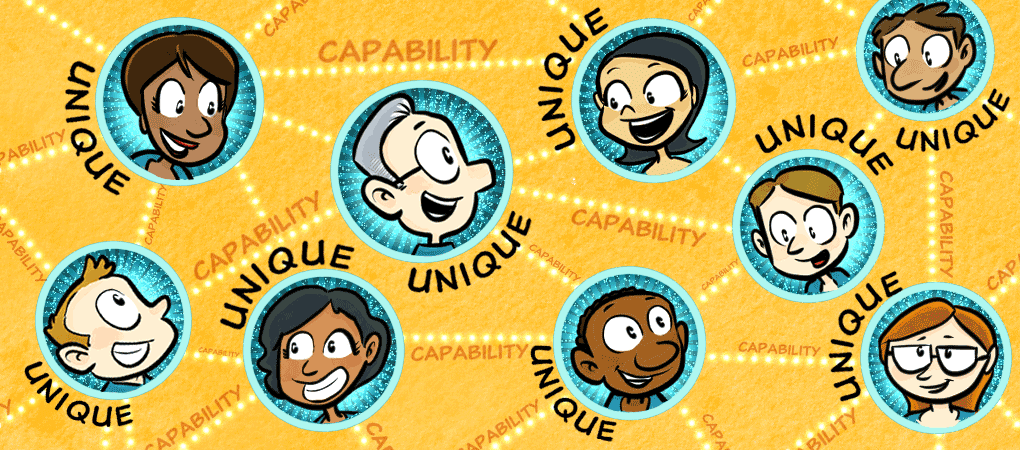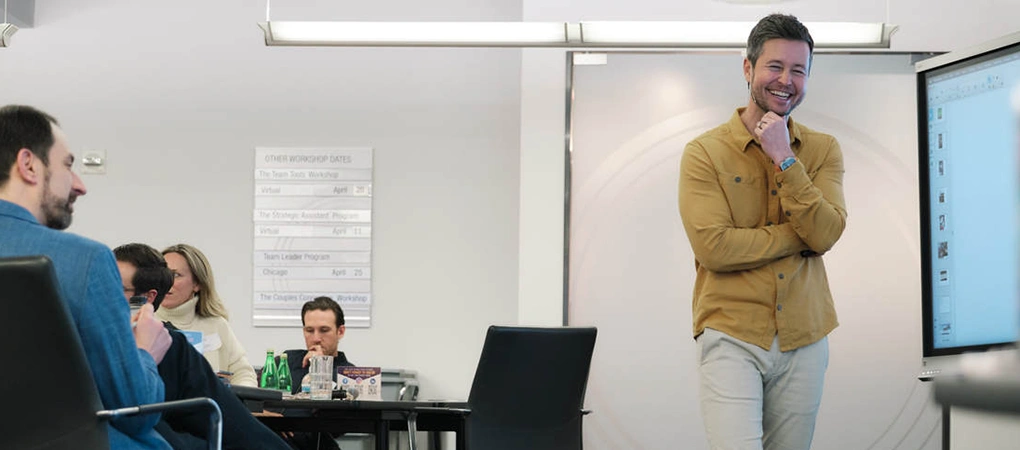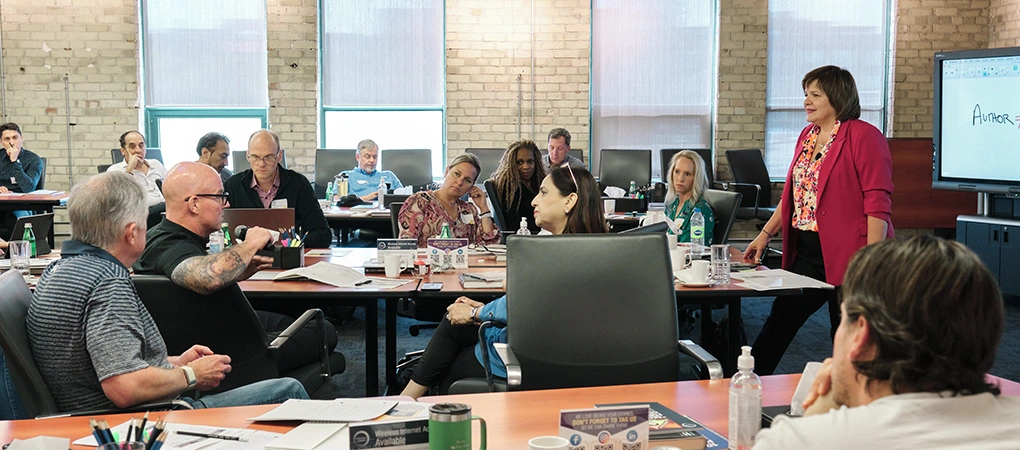When It Comes To Achieving Your Goals, Your Skills Matter Less Than You Think
Dan Sullivan

If you’re like most entrepreneurs, you’re used to doing everything yourself. Since your earning potential is directly tied to your efforts, you’ve long accepted the path to success will be paved with your own blood, sweat, and tears.
Self-reliant, self-sufficient, self-made. Sounds pretty great, doesn’t it?
The problem with rugged individualism.
Unfortunately, this mindset leaves you vulnerable to burnout. When you’re carrying the world on your shoulders and never consider asking others to share the load, your time, energy, and creativity reserves dwindle. And when those suffer, so does the health of your business.
Rugged individualism also makes for a very lonely existence. It’s in our nature to crave community, and one of the more rewarding aspects of getting older is realizing we can choose the kinds of people we want to spend time with—and the kinds we don’t. We can choose people who challenge us, support us, and encourage us to better ourselves, or we can choose people who bring us down.
The most successful people are those who understand this implicitly. Few things in life are more gratifying than working with others to achieve a common goal, yet most of us assume our individual goals need to be undertaken alone.
A flawed system.
When you consider how we’re raised, it’s hardly surprising we feel we have to white-knuckle our way to personal success. In school, we’re not only measured by our individual efforts, we’re also reprimanded for making use of the knowledge and skills of our peers—or “cheating,” as we’re told it’s called.
Whatever we want to accomplish, we must do alone.
Yet if you take a look at the skills employers seek the most, “works well with others” and “team player” usually rank near the top. Businesses thrive by combining the capabilities of a group of people, not by individuals each vying for first prize. It’s collaboration, not competition, that drives growth and creativity.
To learn how procrastination can permanently become a guide to your greatest achievements rather than the source of your greatest guilt, download WhoNotHow today.
Changing course.
And so, I’d like to propose a radically different way of doing things. Since you’re already a little bit radical (you did, after all, choose freedom over predictability by becoming an entrepreneur), I think you’re going to like it.
It’s called Who Not How, and it will change your life.
You see, it’s pretty common for entrepreneurs to have more goals than time or skill to realize them. It’s also common for them to procrastinate on those goals as a result. They assume that because it’s their goal, it’s their responsibility … but that simply isn’t the case. You aren’t always the right person, or “Who,” to determine the “How” of your goals. The right “Who” is the person whose capabilities and interests most suit whatever you’re trying to achieve.
Believing you’re 100 percent responsible for all of the “Hows” of your goals is a trap you’ve been trained to remain stuck within, but once you learn to break free of it, the possibilities for you and everyone around you become limitless.
Mine, yours, ours.
By presenting your goals the right way—that is, explaining what you want to achieve and why it’s important—you can actually make your goals someone else’s goals too. That’s because when someone jumps in to contribute toward your vision, they’re probably doing it for their own reasons. They’re invested in their own gains at least as much, if not more, than in yours.
Every one of us craves growth. We dream of being more capable than we currently are, of achieving more than we’re currently achieving, and of doing more of the activities we find rewarding (and fewer of the ones we don’t). Whether it’s by contributing to your idea or another’s, the result is the same.
We all level up together.
By transforming your individual goals into communal goals with the Who Not How philosophy, you drive progress, facilitate collaboration, and enable growth for everyone involved. Your rugged individualist upbringing might make it seem selfish to enlist others to help you, but when you really consider what can be accomplished by working together, the lie becomes plain.
And the best part is, the more “Whos” you find, the more “Whos” will come, and everyone’s capabilities just build on one another in an ever-expanding network of talent and creativity.
With Who Not How, you’ll never have to give up on a goal again.





